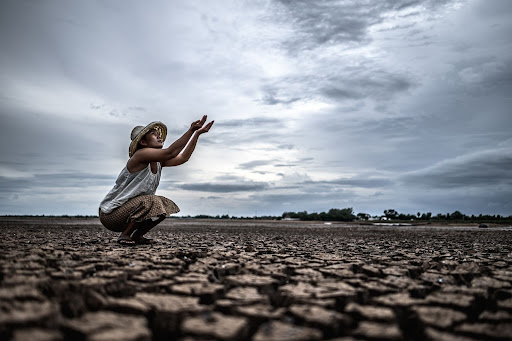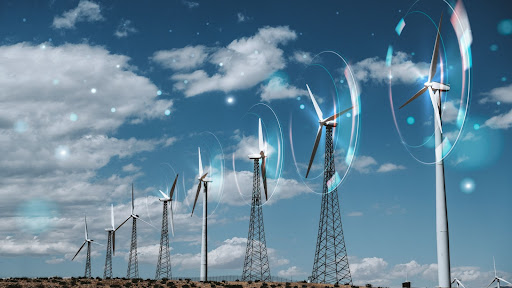This summer has been disastrous to the environment so far. Just recently we heard about the horrible wildfires that destroyed thousands of homes in British Columbia, Canada. And that’s just the tip of the iceberg. Wildfires have already torched Hawaii, Sardinia, and a vast portion of Australia’s coasts. Floods, droughts, and tropical storms are now routine. All of these have a vast impact on the economy, and of course - on your investments. But how, exactly? And what opportunities may this situation open up in front of you, if at all?
I, Ofir Bar, am a veteran investor with about a quarter of a century of experience in worldwide markets. As I believe many investors do, I have been closely monitoring the current catastrophic situation from an investor’s point of view. After all, extreme weather can have a significant impact on various sectors and industries, which in turn can influence anyone’s investment portfolio. So without further ado, let’s jump in.

Real estate and insurance investments
First things first, let’s talk about the obvious: property and real estate. When hurricanes, floods or wildfires strike, properties can get damaged, and that affects their value. If a real estate company you’ve invested in has assets in the affected area, their value might take a hit. And if you’ve got your money in a real estate investment trust (REIT) that holds properties in disaster-prone regions, you might see a dip in your returns.
The field of insurance is highly sensitive in times of multiple climate disasters, as insurance claims start pouring in. This can lead to increased costs for insurance companies, potentially harming their profits. If you’ve got investments in insurance stocks, you might want to keep an eye on how they’re weathering the storm.
Agriculture and energy
As we’ve already witnessed with the rice shortage, caused by the heavy floods that trashed tons of crops in India, extreme weather might also seriously damage agriculture investments. Extreme weather can wreak havoc on crops, affecting supply and demand. If you’re invested in agricultural commodities like wheat, corn, or soybeans, their prices could see some turbulence due to weather-related factors like droughts or excessive rainfall.

If you are investing in energy, you can be sure your investments are not spared by extreme climate conditions. Hurricanes and severe weather can disrupt oil and gas production, leading to supply shortages and potential price spikes. If energy is a big part of your investment portfolio, you’ll want to track weather patterns that could impact production facilities.
A window opens
After scaring you so much, I feel I must also give you a pinch of hope: Extreme weather can also create investment opportunities! Take renewable energy, for example. As we become more aware of the impact of climate change, the demand for clean energy solutions like solar and wind power is on the rise. Companies that focus on renewable energy could see growth, as governments and consumers prioritize sustainability.

Image by rawpixel.com on Freepik
Additionally, you may want to consider sustainable and socially responsible investments. Companies that prioritize environmental and social responsibility might be better equipped to weather the impacts of extreme weather events. As the world becomes more focused on sustainability, these companies could see increased demand for their products and services.
Sunshine amidst the clouds
While extreme weather events can cause short-term fluctuations, the overall trajectory of the market tends to be influenced by broader economic factors. So stay calm, stick to your investment strategy, and avoid making impulsive decisions based solely on weather-related news.
To sum things up, extreme weather can indeed cast a shadow over your investments, particularly in sectors like real estate, insurance, agriculture, and energy. However, it’s essential to approach these situations with a level head, keep a diversified portfolio, and stay informed about the industries you’re invested in. And who knows, with the rise of sustainable investments, you might even find some sunshine amidst the clouds.